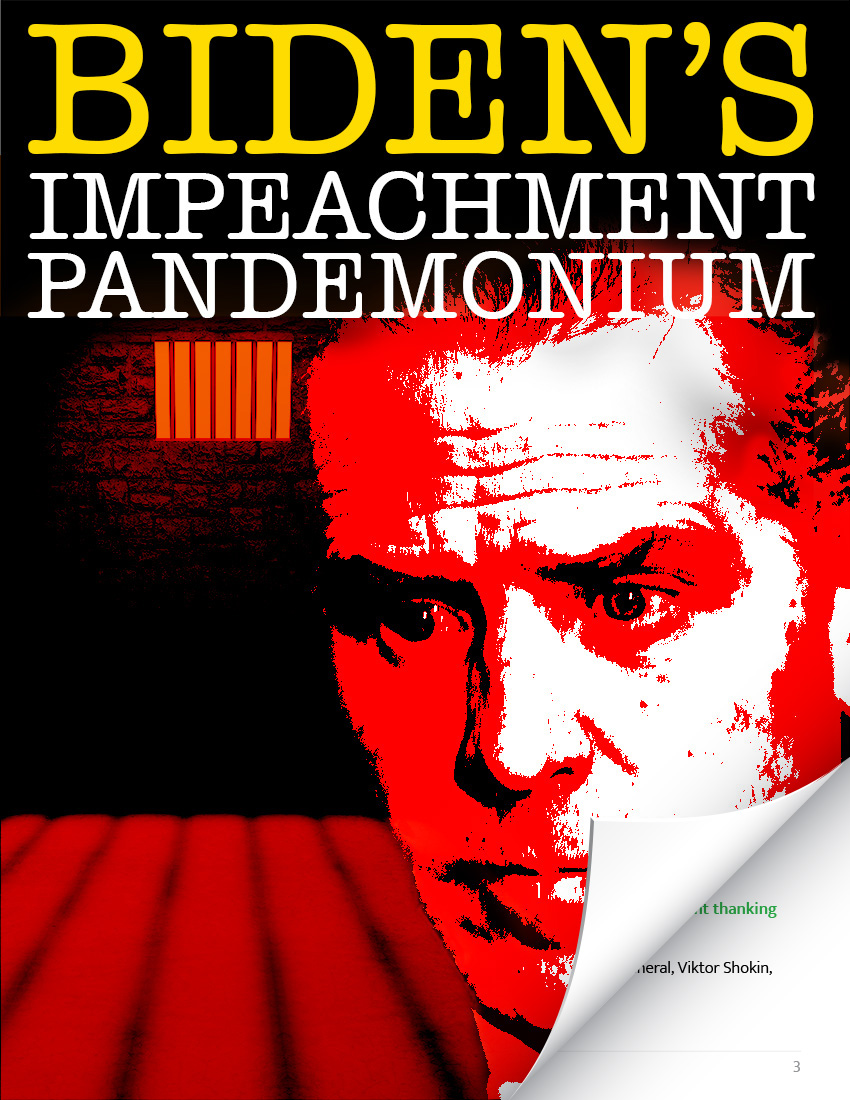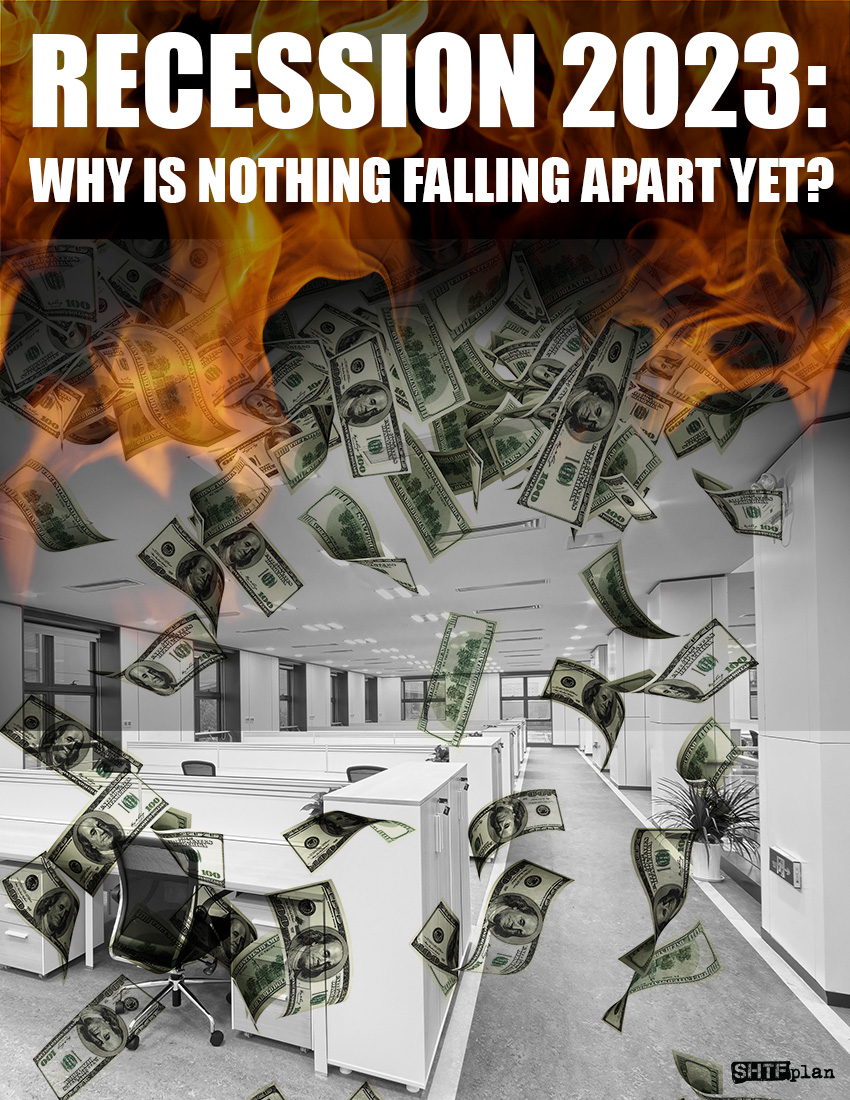
TRUMP SAYS: HUNTER MAKES FORTUNE FROM SHADY DEALS!
BIDEN FAMILY STINKS TO HIGH HEAVENS OF CORRUPTION!
DON'T GET LEFT OUT: HUNTER MUST BE STOPPED!
This article was originally published by Soham Patil at The Mises Institute.
The “ease of doing business” ranking is a list of countries ranked according to how easy it is to register, start, and maintain a business in that country. While its methodology is not perfect, it does attempt to take into account several important factors such as cost and time to start a business, property registrations, tax burdens, and the enforcement of contracts. It should be no surprise that the countries that hover around the top of these rankings are some of the most prosperous in the world.
Politicians often use improvements in the ease of doing business as an electoral promise to boost their popularity. Fortunately, when some of these programs are implemented properly and serve to create a freer business environment, it can be good for economic prosperity. This was the case in India as Narendra Modi’s promises to create a better business environment following his ascension to prime minister in 2014 coincided with substantial economic growth as restrictions became less burdensome. While sometimes beneficial, we shouldn’t be thanking politicians for creating economic prosperity by simply interfering less than they otherwise would.
A good business environment consists of solid property rights and the freedom of association. Governments cannot improve these elements and can only make them worse by enforcing policies that violate property or association rights. Thus, governments do not contribute to the ease of doing business. They contribute to the difficulty of doing business by getting in the way of the free market. A likely explanation for the ease of doing business rankings may be cultural factors. Western countries thrive in the ease of doing business rankings because of a long history of property rights. By contrast, Asian or African countries that do not have a long history of property rights or have a more communal culture tend to suffer due to the effects such a culture has on the way these countries view successful entrepreneurs.
African countries, in particular, are prone to having extreme difficulty of doing business due to the overbearing governments present on the continent. The bottom ten countries in the ease of doing business rankings feature eight African countries, along with Venezuela and Timor-Leste. Unsurprisingly, investors are justifiably scared of investing in countries where they do not believe their business activities would be secure. Rwanda, at thirty-eight, is the highest-ranked continental African country and has only become so after a long reform process of their laws that strengthened property rights in the country. Unfortunately, Rwanda’s example is not followed by many other African countries as entrenched political corruption hinders similar reform. Africa’s poor economic track record speaks for itself.
Even among states that are not as actively despotic as most sub-Saharan ones, they are still only less parasitic toward the general populace and its well-being. While it’s not impossible to lose your property in the United States (as demonstrated by “squatter’s rights”), it is significantly still less likely than in an extremely corrupt country where property expropriation is the norm rather than the exception. Therefore, it is important to note that states cannot contribute to the ease of doing business. They may only contribute to additional, unnecessary difficulties of doing business. The work of entrepreneurs is usually hard enough already. Imposing additional burdens on some of society’s most productive members stifles prosperity.
By obfuscating what it is they actually do, states can shift the blame for economic stagnation to factors other than their own policies. If a country wishes to achieve a good business environment, it ought not endeavor to ask its government to move mountains. It only needs to ask that the government stop meddling in business through its rules and regulations. Compared to countries that use statist interventions, countries that follow free markets will see considerably better results by offering productive and innovative entrepreneurs less resistance as they attempt to create value.

It Took 22 Years to Get to This Point
The health "experts" are "on alert" after the first case of bird flu has been found in a child....
This article was originally published by Jane L. Johnson at The Mises Institute. A quick internet...
Once again, Russia is placing the blame for the Nord Stream pipeline sabotage on the United States...
Commenting Policy:
Some comments on this web site are automatically moderated through our Spam protection systems. Please be patient if your comment isn’t immediately available. We’re not trying to censor you, the system just wants to make sure you’re not a robot posting random spam.
This website thrives because of its community. While we support lively debates and understand that people get excited, frustrated or angry at times, we ask that the conversation remain civil. Racism, to include any religious affiliation, will not be tolerated on this site, including the disparagement of people in the comments section.


Comments